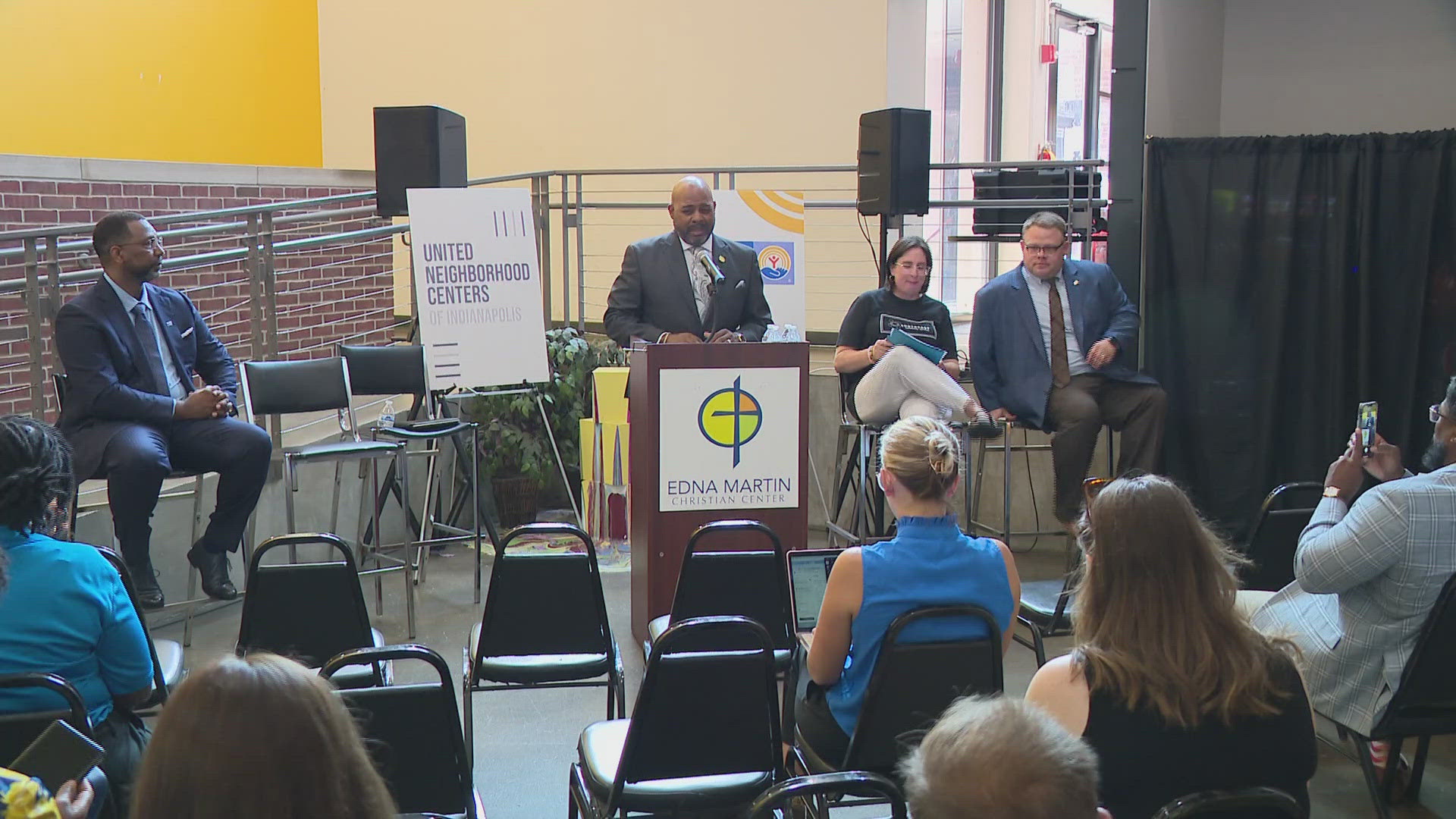INDIANAPOLIS — More than 112,000 people in central Indiana are getting relief from $239.6 million in medical debt. It's thanks to a partnership between the United Way of Central Indiana, the United Neighborhood Centers of Indianapolis, and an anonymous donor.
The charities are working with Undue Medical Debt, an organization dedicated to relieving medical debt that has been put in collections. They use donations to buy the debt and then forgive it. The local organizations spent $1.7 million to buy the debt to provide almost a quarter of a billion dollars in relief. The debt is abolished, so the people getting help don't have to pay income tax on the gift.
There was no application for this relief program. Instead, if you are impacted you should receive a letter in the mail this month letting you know what debt was relieved.
"They will also receive a letter connecting them with other United Way services and United Way service partners so it can help them remain out of debt," said Fred Payne, United Way of Central Indiana president. "And it can help them on a path to financial freedom."
The debt relief was targeted at households making 400% of the poverty level or less. For a family of four, that works out to about $125,000 a year. Here's how that broke down for each county:
Boone County: more than $437,300 of debt relieved for 262 people;
Hamilton County: more than $1.2 million of debt relieved for 737 people;
Hancock County: more than $466,600 of debt relieved for 313 people;
Hendricks County: more than $2.2 million of debt relieved for 1,286 people;
Marion County: more than $234.2 million of debt relieved for 108,699 people;
Morgan County: more than $710,200 of debt relieved for 496 people;
Putnam County: more than $272,100 of debt relieved for 225 people.
In a statement, the anonymous donor powering much of the debt relief wrote: "The bigger story is the massive problem medical debt creates in our country, state and neighborhoods. We would encourage our state legislators and our medical delivery entities to make policy changes in four areas."
The first area was strengthening charity care policies. Those are policies that provide relief for people who can't afford to pay for medical care. The organizations want lawmakers to increase the income threshold and screen for eligibility before bills are sent, instead of making them apply.
The second area is limiting damage to credit scores by preventing medical debt from hitting patient credit scores and preventing wage garnishment for unpaid medical debt.
The third area is addressing billing and collection practices by requiring debt collectors to let patients know when debt has passed the statutory limit for repayment.
Fourth, they are calling for better cost controls for medical care. That includes better price transparency and standardization and encouraging hospitals to connect uninsured patients with coverage.
Indiana ranks 11th in the nation for medical debt in collections. As many as 18% of Hoosiers have some medical debt in collections. Thanks in part to 13 Investigates reporting, state lawmakers have been cracking down on surprise medical bills that can hit even when patients do have insurance.

